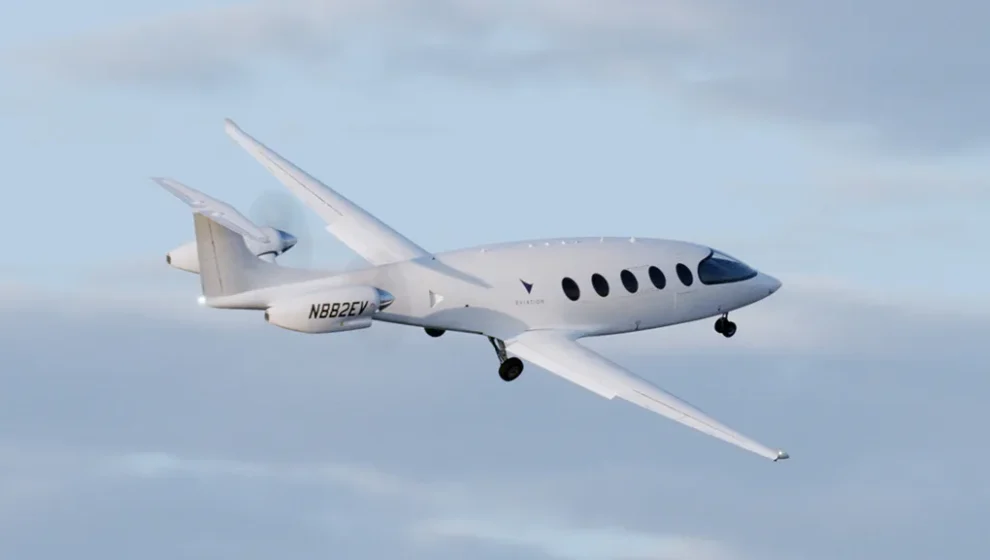Electrifying flights could be on the horizon as experts look to short-trip planes as the next step in decarbonizing airplanes and becoming carbon-neutral by 2050.
Key Details
- Experts are looking to electrify New England’s Cape Air 14-minute flights that travel around 45 miles at a maximum altitude of 800 feet.
- These short flights have been operating for decades and could open the door to decarbonization by making these planes electric as civil aviation works to become carbon-neutral worldwide by 2050.
- Electric plans will only be able to fly primarily short distances and at shorter altitudes, which Cape Air has been doing for years, making a great starting point for electric planes.
- The U.S. and other countries worldwide have been pushing for electric planes to meet carbon neutrality goals by 2050.
Why it’s news
Many different companies have been looking for ways to create electric flying vehicles to meet carbon neutrality by 2050.
Some have opted for small planes, others for flying taxis, but one thing is nearly certain—the planes will not be able to fly long distances like planes running on jet fuel.
That’s why experts are looking to short-distance flights to open the door for electric aviation. New England’s Cape Air has been doing short-distance flights for years using the plane’s current technology, but making it electric would be a huge step in electrification.
Cape Air currently has about 100 planes flying 40 routes under 250 miles. The company says if an electric plane were available today, it would immediately implement it into its fleet.
The company has set its sights on an electric plane—The Alice. Cape Air is the first customer of The Alice, created by startup Eviation Aircraft Ltd. The company will buy 75 twin-engine planes with a range of 280 miles at a cruising speed of 185 mph, hoping to have the planes in the air by 2027.
Electric planes will have to start with short journeys because electric batteries are much heavier and store much less energy than jet fuel. Electric planes will not be able to go as far or as high as the typical plane because they will burn too much energy and need to be recharged.
